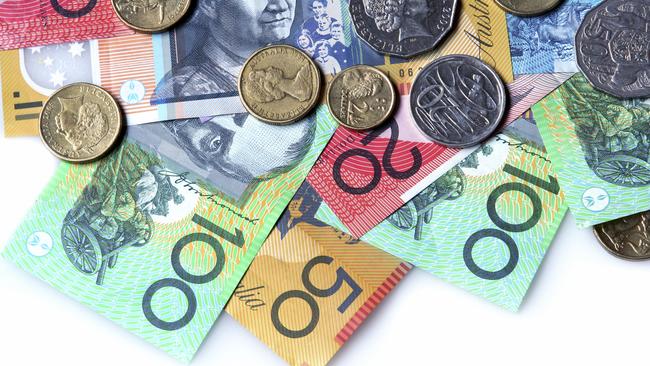Halving of minimum compulsory drawdown rate from account based pensions to run until end of June 2023
The halving of the minimum compulsory drawdown rate from account based pensions, announced two years ago in response to the pandemic-induced market fall, will continued until the end of June 2023.

Superannuation savers have – for years – braced themselves for abrupt changes to the scheme come the federal budget. This year, the Coalition is signalling that it has no plans to frighten the horses.
As expected, the Budget has confirmed that the halving of the minimum compulsory drawdown rate from account based pensions, announced two years ago in response to the pandemic-induced market downturn, will be continued the end of June 2023.
While this can no longer be justified on market grounds – given the rebound in the stock market – it is a nice pre-election goodie for self funded retirees and will only have a modest cost to the budget of some $53m over the forward estimates – $50m in lower than expected tax receipts and $2.8m in higher payouts.
More importantly, it signals that the government has no plans to further hit super savers in the lead up to the election – an approach of furious agreement which is also being adopted by ALP which had its fingers burned three years ago when Bill Shorten threatened to scrap franking credit refunds.
A well-orchestrated campaign led by fund manager Geoff Wilson saw the proposal stoke fears that a Labor government could have more plans to hit self funded retirees. Superannuation Minister Senator Jane Hume has already declared that the Coalition would not be making any increases in the taxes on super.
Tuesday’s budget papers show the bottom line is being given a much larger boost – of around $3bn from super fund taxes – in the upcoming financial year and $8.6bn over the four years to June 2026 as a result of stronger than expected employment.
Tax receipts from super funds are expected to grow strongly – by 89.6 per cent – in the current financial year to the end of June- thanks to the strong recovery in financial markets and investment income which has driven one off capital gains – but to fall by 36.2 per cent in the next financial year to the end of June 2023.
The Budget comes in stark contrast with some of the earlier days of the government, which came into power with promises not to make any negative unexpected changes to superannuation – only to introduce major changes to the super tax structure and lower caps on contributions and the amount of money which can go into the tax free pension.
Although justified on the basis that the changes were needed to make concessions more sustainable, it got some dyed-in-the-wool Liberal supporters off-side.
They argued that it was a retrospective change to the super system and the savings they had spent years building up under a different tax regime under the Howard government.
As the changes were progressively phased in over several years, it led to a fear that Canberra was seeing the compulsory super system as a soft target for continued changes to help boost the budget bottom line.
The Association of Superannuation Funds of Australia will be disappointed that the government did not grant its request for a $5,000 bonus to be paid into the super accounts of new parents in addition to paid parental leave.
It argued that this was needed to go some way towards reducing the gap between the super savings of men and women by retirement.
But this time around super is the dog which didn’t bark in the budget – and it wont in the upcoming election either.
And as far as both sides of politics are concerned – and those diligently saving for their retirement through their superannuation are concerned – that’s just fine.




To join the conversation, please log in. Don't have an account? Register
Join the conversation, you are commenting as Logout